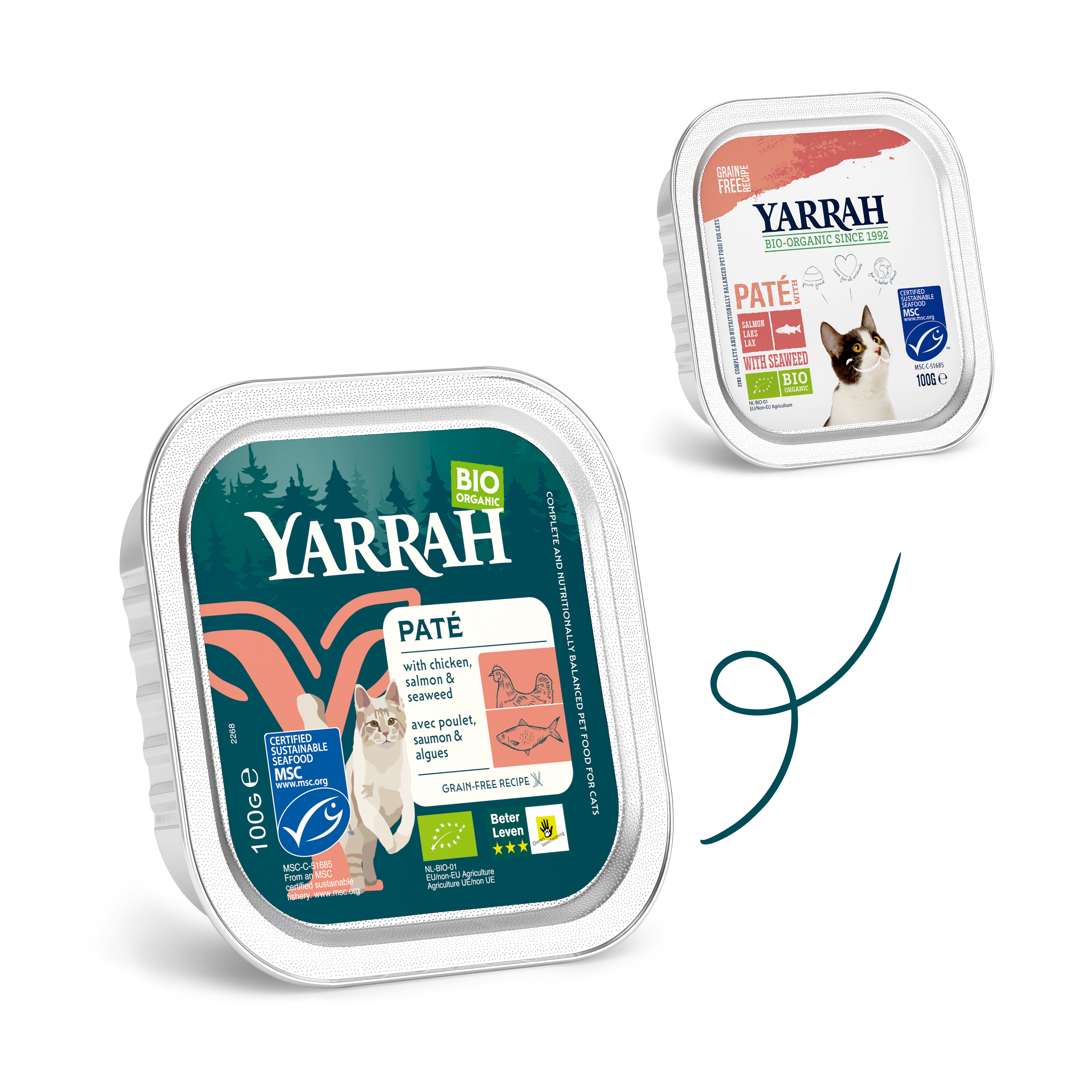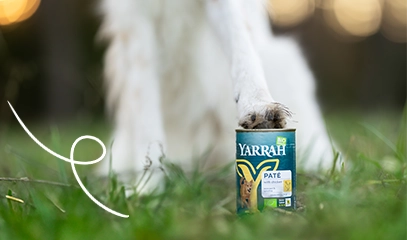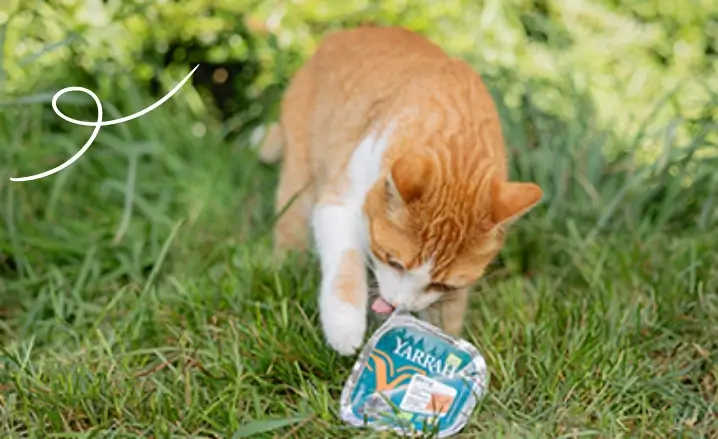Deworming your cat: why and when?

Worms, a lot of people get uncomfortable just thinking of them. And yet it is important to keep an eye on these parasites, especially if you are a cat owner. A kitten may experience growth retardation and deficiency symptoms as a result of worms. Adult cats aren’t as greatly affected, but enough to say: deworming your cat is a must.
Why deworm my cat?
Worms are parasites that can infect a kitten through the mother’s milk and an adult cat can get infected through flea eggs or contact with other animals. Roundworms and tapeworms are the most frequently occurring varieties in cats. An infected kitten may suffer from growth retardation and a damaged immune system because it can’t absorb all the necessary nutrients from its food. Worms are also contagious to humans. This makes deworming your cat very important.
How do I know whether my cat has worms?
Infected cats do not tend to have any visible symptoms. Sometimes you may spot some white ‘worms’ in the faeces or vomit, these are segments of a tapeworm that are filled with eggs. These segments look like white rice grains. A severe infection may cause all kinds of symptoms: this includes excessive vomiting, diarrhoea, weight loss and a sensitive anus. A kitten may suffer growth retardation or a swollen abdomen. When in doubt, always consult your vet.
When should I deworm my cat?
Seeing as almost all kittens are infected with roundworm, it is important to deworm your cat at a young age. Deworm a kitten at the age of 4, 6 and 8 weeks. It is recommended to repeat treatment at the age of 4 and 6 months. Adult cats are less affected by worms than kittens, but they still need to be dewormed. It is recommended to deworm your adult cat every 2 to 6 months with an agent that eliminates both roundworm and tapeworm. This depends on whether or not your cat goes outside on a regular basis. Ask your vet for a personalised recommendation for your cat.
Deworming schedule
Kitten
- 4 - 6 - 8 weeks
- 4 - 6 months
Adult cat
- 1 year
- 1.5 years
- 2 years
- Etc.

Fleas and worms
Because a cat can contract worms due to infected flea eggs, it is important to treat your cat against fleas (preventively) on a regular basis in addition to deworming. If you fail to do so, fleas and worms will keep facilitating each other which leaves your cat exposed to both parasites. Deworm and deflea your dog on a regular basis as well, otherwise your dog will keep infecting your cat and vice versa.
Healty cat
Finding it difficult to determine whether your cat is healthy? Check out the features of a healthy cat.













